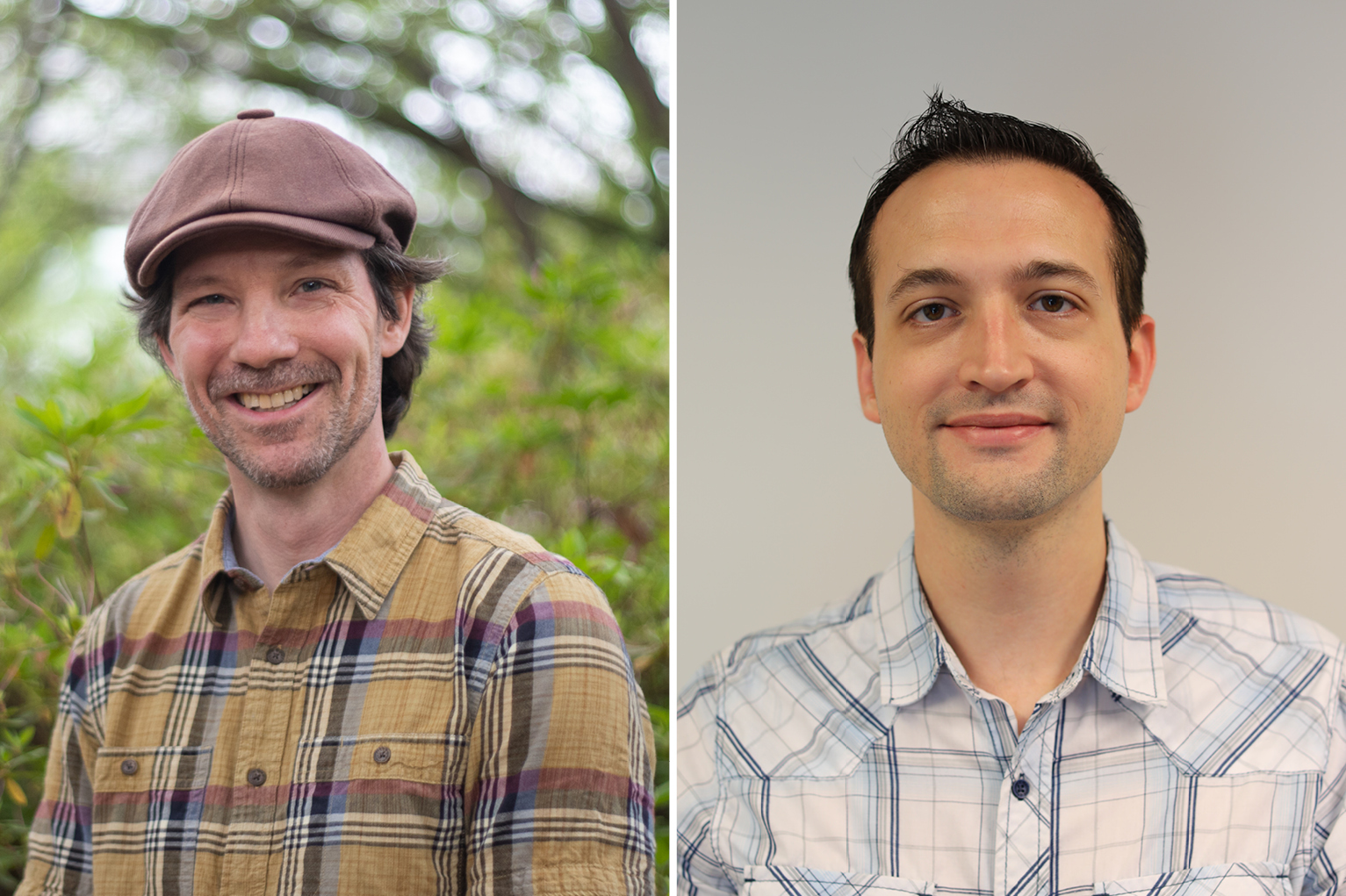Faculty from the George W. Woodruff School of Mechanical Engineering, including Associate Professors Gregory Sawicki and Aaron Young, have been awarded a five-year, $2.6 million Research Project Grant (R01) from the National Institutes of Health (NIH).
“We are grateful to our NIH sponsor for this award to improve treatment of post-stroke individuals using advanced robotic solutions,” said Young, who is also affiliated with Georgia Tech's Neuro Next Initiative.
The R01 will support a project focused on using optimization and artificial intelligence to personalize exoskeleton assistance for individuals with symptoms resulting from stroke. Sawicki and Young will collaborate with researchers from the Emory Rehabilitation Hospital including Associate Professor Trisha Kesar.
“As a stroke researcher, I am eagerly looking forward to making progress on this project, and paving the way for leading-edge technologies and technology-driven treatment strategies that maximize functional independence and quality of life of people with neuro-pathologies," said Kesar.
The intervention for study participants will include a training therapy program that will use biofeedback to increase the efficiency of exosuits for wearers.
Kinsey Herrin, senior research scientist in the Woodruff School and Neuro Next Initiative affiliate, explained the extended benefits of the study, including being able to increase safety for stroke patients who are moving outdoors. “One aspect of this project is testing our technologies on stroke survivors as they're walking outside. Being outside is a small thing that many of us take for granted, but a devastating loss for many following a stroke.”
Sawicki, who is also an associate professor in the School of Biological Sciences and core faculty in Georgia Tech's Institute for Robotics and Intelligent Machines, is also looking forward to the project. "This new project is truly a tour de force that leverages a highly talented interdisciplinary team of engineers, clinical scientists, and prosthetics/orthotics experts who all bring key elements needed to build assistive technology that can work in real-world scenarios."



